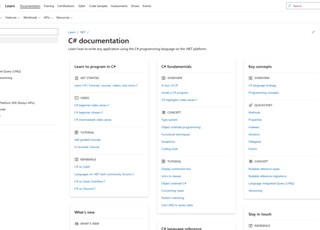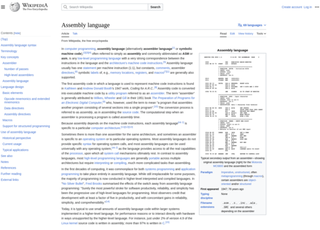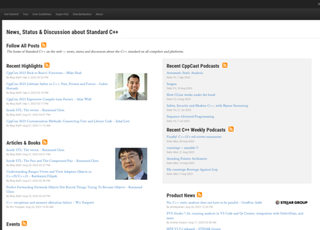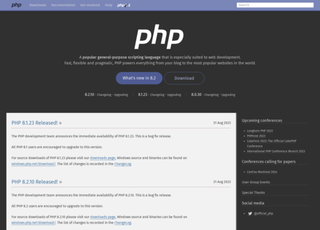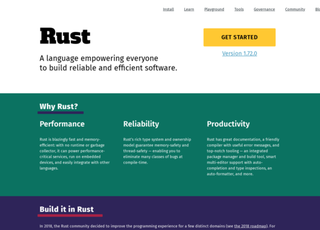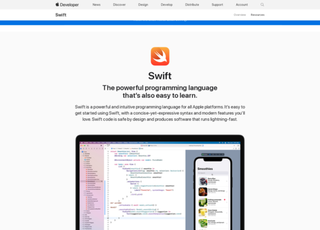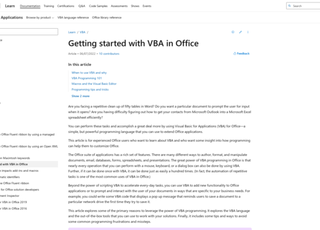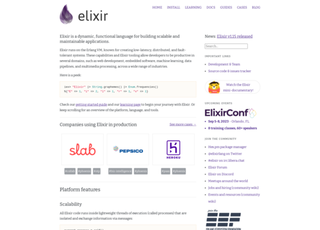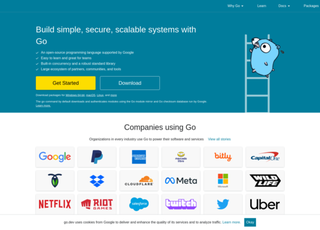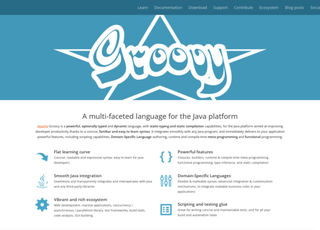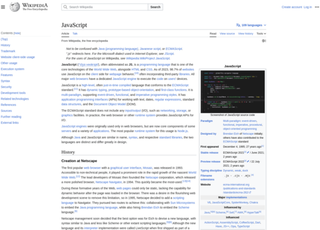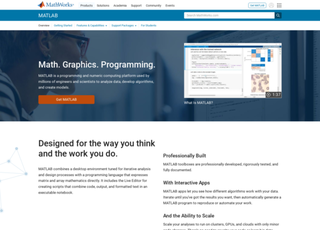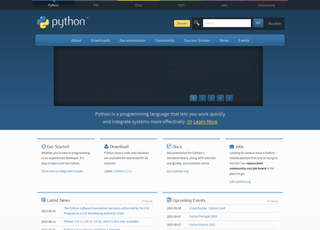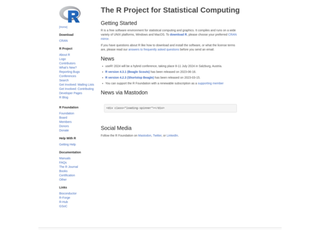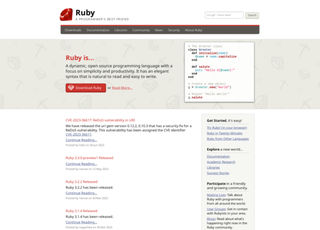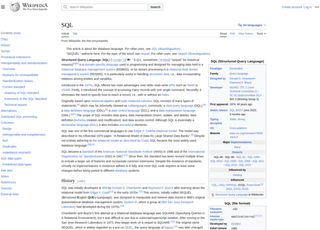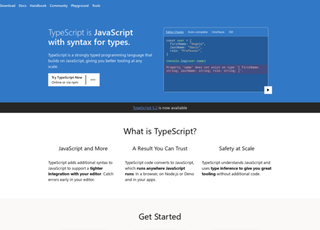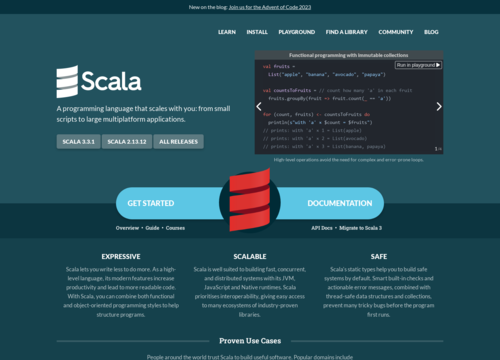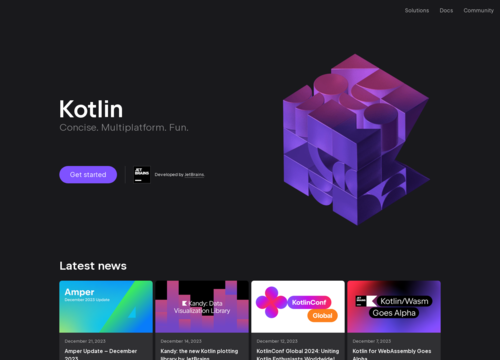Java
Java is one of the most popular and widely-used programming languages in the world, known for its platform independence, object-oriented design, and extensive libraries.
History
Origin:
Java was developed by Sun Microsystems, initiated in 1991 and released in 1995. James Gosling is one of the key figures behind its creation.
Objective:
The primary goal was to design a language for digital devices such as set-top boxes and televisions. However, it became popular for Internet applications.
Ownership:
Oracle Corporation acquired Sun Microsystems in 2010, and thus now owns Java.
Features
Platform Independent:
Write Once, Run Anywhere (WORA) capability because of the bytecode and Java Virtual Machine (JVM) mechanism.
Object-Oriented:
Java follows OOP principles like inheritance, encapsulation, polymorphism, and abstraction.
Secure:
Offers a robust security mechanism including bytecode verification and runtime security checks.
Multithreaded:
Provides built-in support for multithreading.
Rich Standard Library:
Has an extensive library that covers I/O, networking, data structures, GUI development, etc.
Key Components
Java Virtual Machine (JVM):
An abstract machine that enables Java bytecode to be executed as actions or operating system calls on any platform.
Java Runtime Environment (JRE):
Includes JVM, Java libraries, and other supporting files required to run Java applications.
Java Development Kit (JDK):
Contains JRE along with compilers and debuggers for developing Java applications.
Language Basics
Data Types:
Java has primitive data types like int, char, float, boolean, and reference data types for objects and arrays.
Control Structures:
Supports loops (for, while, do-while), conditionals (if, switch), etc.
Operators:
Arithmetic, relational, bitwise, logical, and others.
Classes and Objects:
Java is strictly object-oriented where even basic data types can be viewed as objects.
Exception Handling:
Uses try, catch, throw, throws, and finally constructs.
Packages:
Used for organizing classes and interfaces.
Popular Frameworks and Platforms
Java EE (Enterprise Edition):
For large-scale applications and distributed systems.
Spring:
Comprehensive framework for building enterprise applications.
Hibernate:
Object-Relational Mapping (ORM) library for Java.
Android:
Although Android doesn't use standard Java, it uses Java syntax and some libraries to develop apps.
Advantages of Java:
Stability:
Java has been around for decades and has been tested in various scenarios, making it one of the most stable programming languages.
Huge Community:
Java has a vast global community of developers, which ensures good support, availability of libraries, frameworks, and third-party tools.
Performance:
With the Just-In-Time (JIT) compiler, Java's performance has improved remarkably over the years.
Garbage Collection:
Automatic memory management in Java helps in avoiding memory leaks.
Scalability:
Java is used in large-scale systems, including big data technologies and enterprise systems that require high scalability.
Disadvantages of Java:
Verbose Syntax:
Java is often criticized for its verbose syntax, especially when compared to more modern languages.
Slower than Natively Compiled Languages:
Languages that compile directly to machine code (like C++) can be faster.
Memory Consumption:
The abstraction provided by the JVM and certain default settings can sometimes lead to high memory consumption.
Java Ecosystem:
Build Tools:
Maven, Gradle, and Ant are the commonly used build and dependency management tools.
Integrated Development Environments (IDEs):
Eclipse, IntelliJ IDEA, and NetBeans are popular IDEs for Java development.
Web Frameworks:
Besides Spring, there's JavaServer Faces (JSF), Vaadin, Struts, and others.
Application Servers:
Tomcat, WildFly, GlassFish, and WebSphere are commonly used to deploy Java web applications.Java has been a cornerstone in the world of programming for a long time, and its continuous evolution ensures it remains relevant. Whether you're building an enterprise application, a mobile app, a web service, or something else entirely, Java offers a robust, scalable, and well-supported platform to make it happen. Its future continues to look bright with ongoing projects and improvements.





















